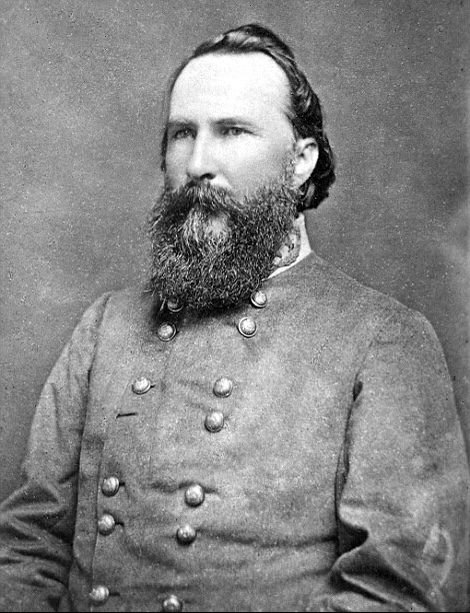The Renaming Nonsense Hits Home
The new civil war, that is the war to revise American history regarding slavery and the Civil War, has defined extremism on both sides. Florida Republicans want to remove the idea of slavery, and its aftermath, from our school curriculum. At the same time, leftists are steadily removing the idea of the Confederacy from the American consciousness by taking down statues and other reminders that it ever existed.
But until recently, the latter movement has only offended those who understand the Civil War in the context of the time it was fought. Lately, however, it has become personal. They have been changing the names of streets and places named after men once considered Southern heroes. These moves have not forced us to change our address or anything else. Now, however, our personal history is under attack.
Among the names of military posts recently changed from the Confederates for whom they were named, is a place where we spent one of the more memorable months of our youth learning the art of jumping out of airplanes. It was, at the time called Fort Benning, named after a Confederate general who isn’t remembered for much else.
The name was deeply rooted in history. It was at Fort Benning, an army infantry post, that our airborne force was begun in 1940. Over the years, thousands of paratroopers trained here. It just doesn’t seem right, or consistent with history, to say you trained at Fort Moore. That is the new name for Benning. It is named after a military couple, a Vietnam-era general, and his wife, an elite army mother.
The reason for the change of military bases is to dishonor men who once were honored – in a sense to deny the reality of the Civil War on the grounds that the men fought to preserve slavery. That itself is a distortion of history. Slavery was the economic factor which divided the states, but the average Confederate general, and almost all the grunts, fought for their states, their neighborhoods. Robert E. Lee is a prime example. The same for the north. Ordinary soldiers, including two of our great-grandmother’s brothers, died not to abolish slavery, but to preserve the Union and establish their worth as Irish Immigrants. The South thought states’ rights trumped the national government. And, as we see, states still often feel that way.
Back on topic. Some of the men, for whom military posts were named, were not deserving. Braxton Bragg, for instance, was hardly one of the Confederacy’s more successful generals. It would not bother us to see a better leader honored. But Fort Liberty? That’s the new name for Fort Bragg, North Carolina.

Pre-war army buddy of Grant, General James Longstreet.
If the name changers wanted to be politically correct, they might have chosen to name Fort Benning after a different and far more noteworthy Georgian. James Longstreet was one of the most able Southern generals. He was second in command to Lee and advised Lee against the disastrous Pickett’s Charge at Gettysburg. He also was one of the first men to recognize the reality of firepower by entrenching his infantry. Moreover, Longstreet was a friend of Ulysses Grant, and did what he could to help Grant’s efforts to reunite the bitter country after the war. For that, he was resented in the South. It is no coincidence that he was ignored when it came to honoring Southern leaders. That alone should make him acceptable to those who wish to change history. For those who preserve the reality of slavery and the Civil War, he is a man worthy of honor. And it would not bother us to have done a little jumping in his name.

Renaming
This Comment had been Posted by Bob Steele
Col Hal Moore prolly would have declined renaming in his honor. R.I.P. Colonel.